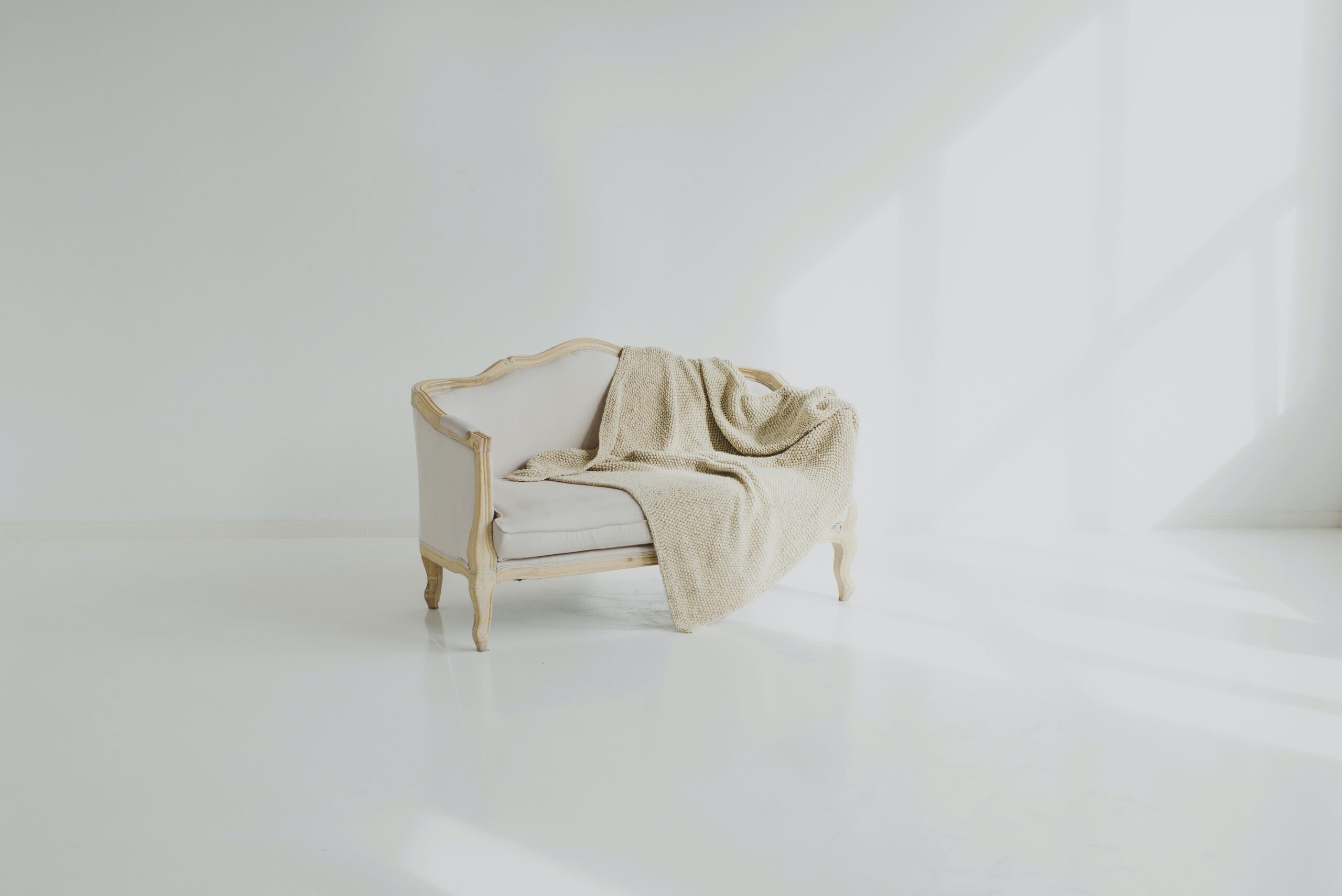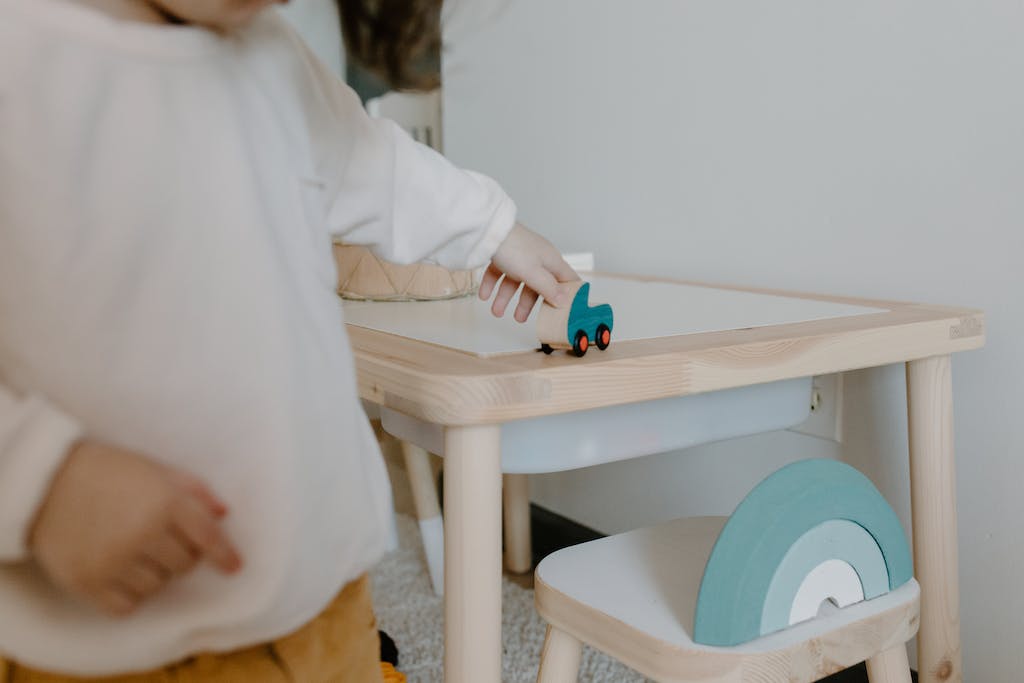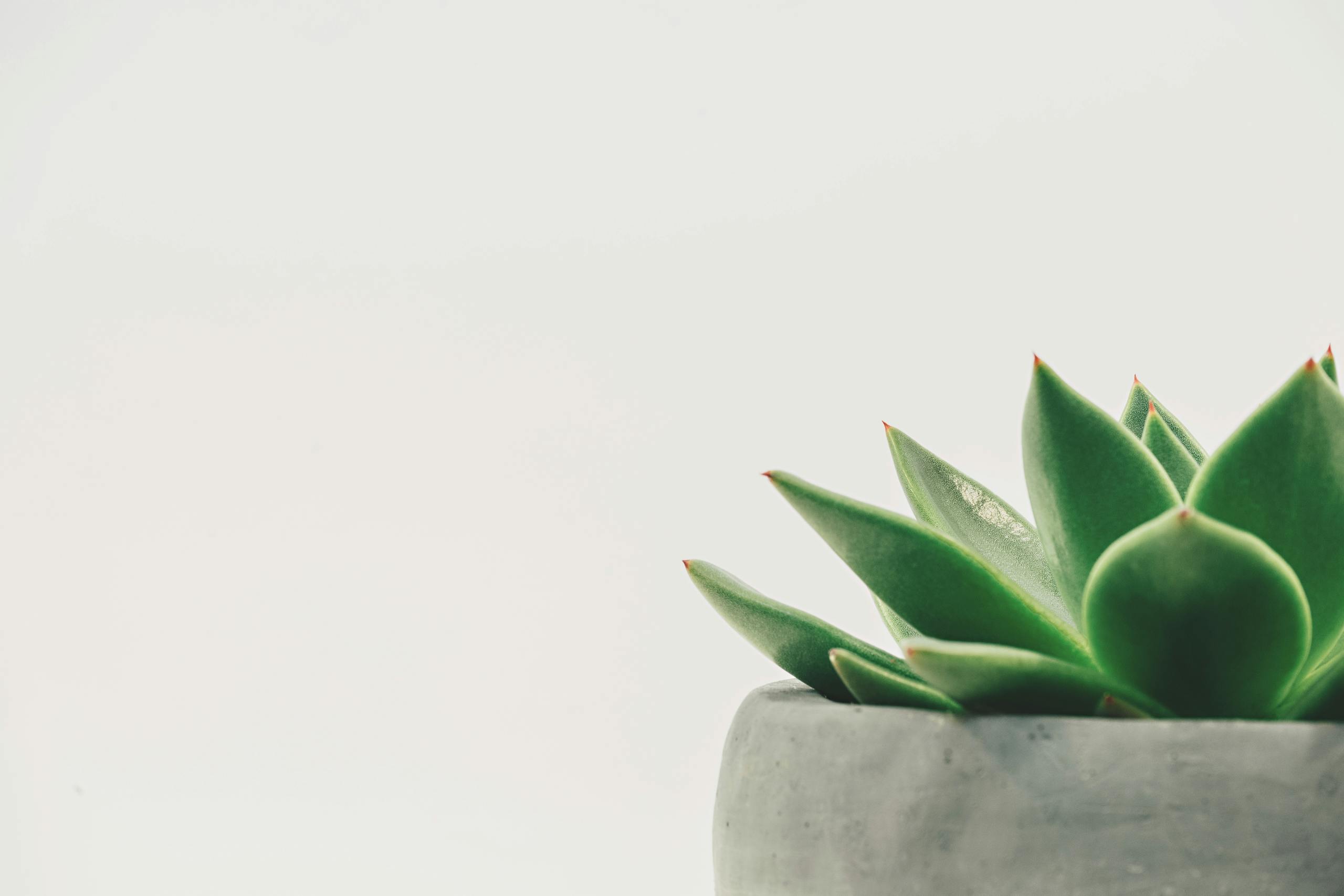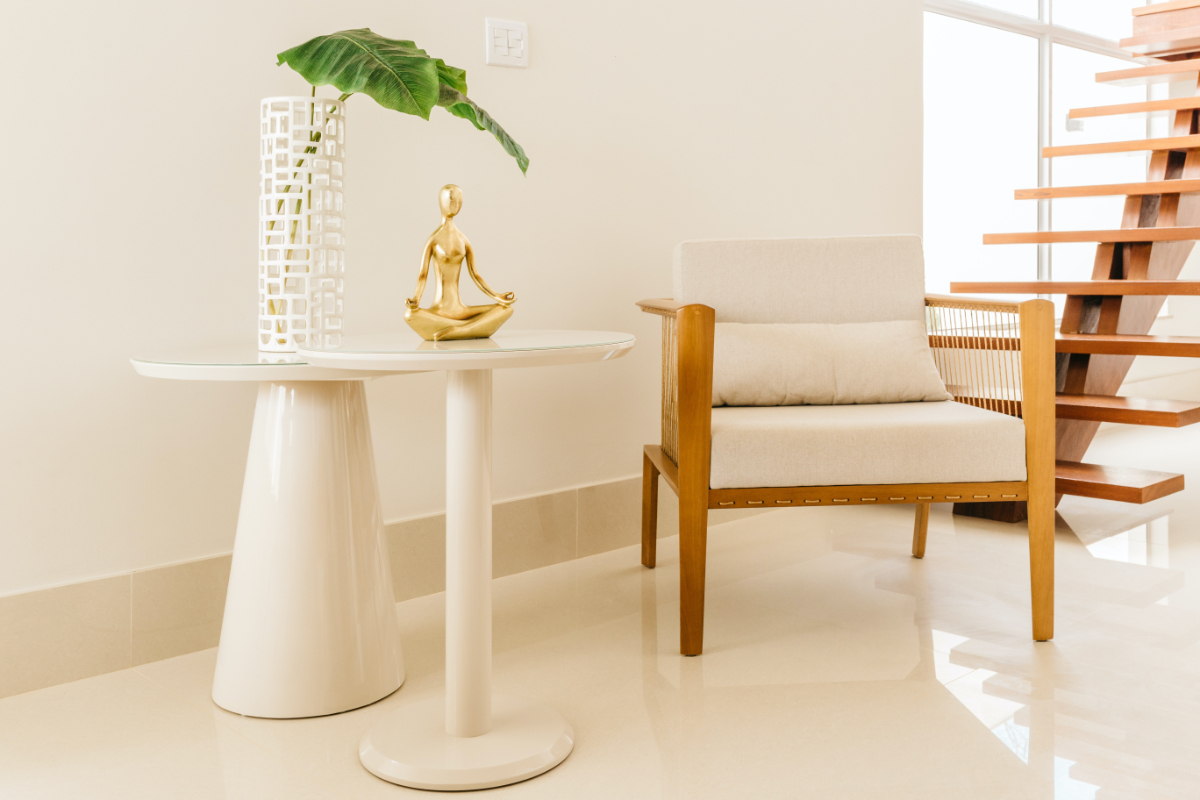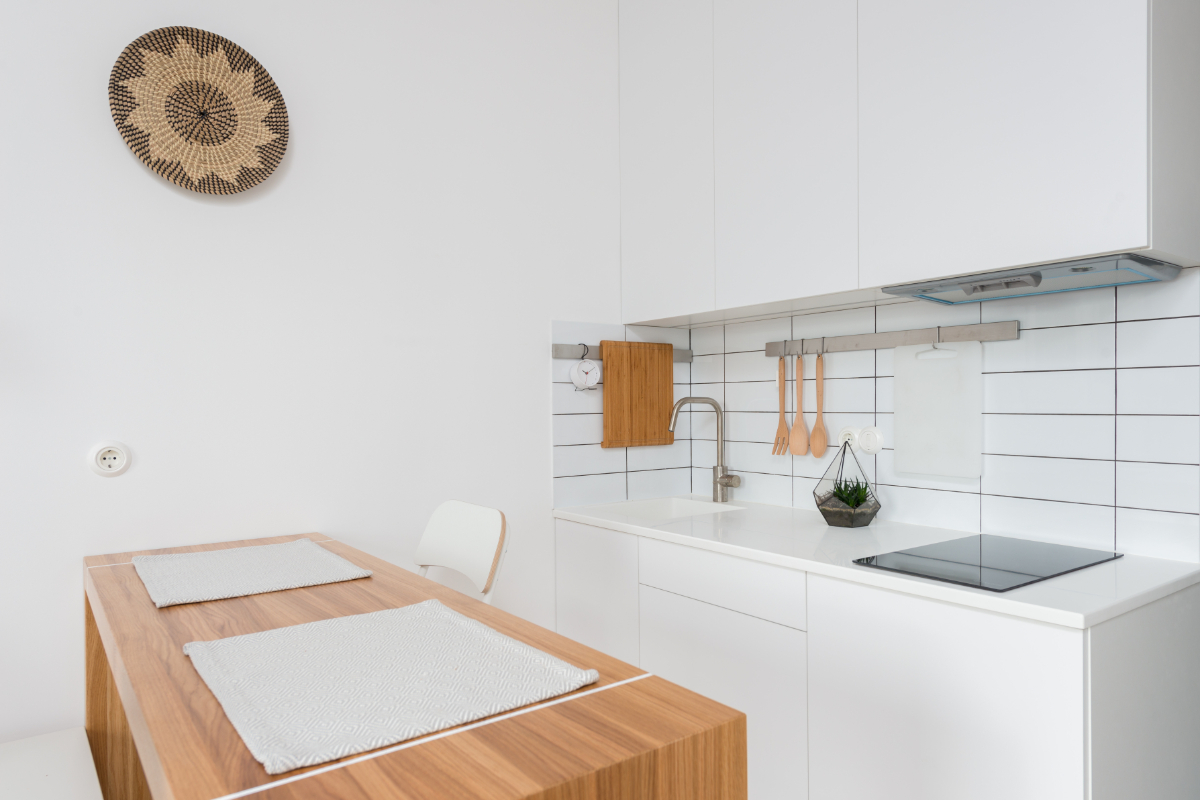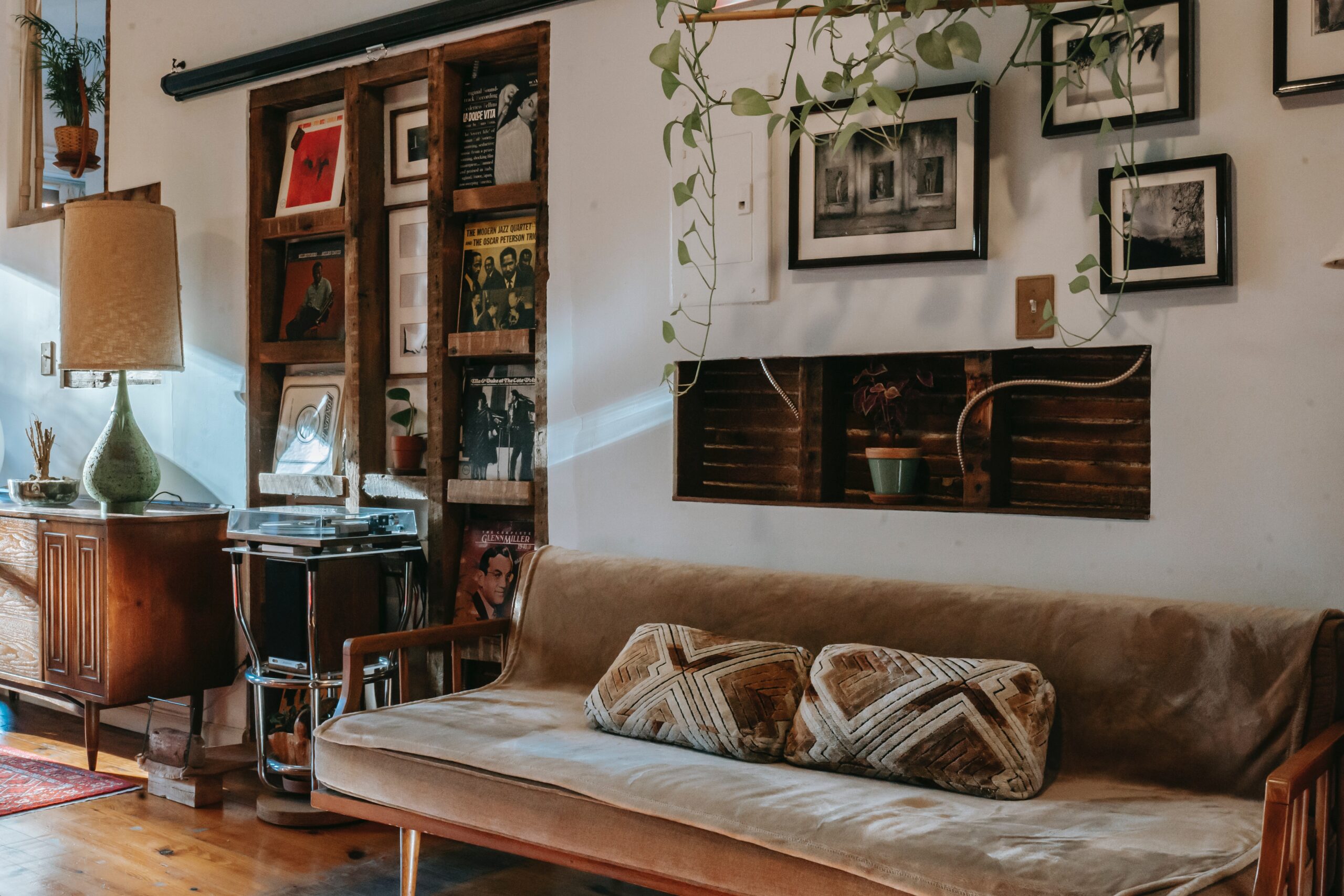Dive into the Philosophy Behind Minimalist Living
There are some affiliate links below, but they are all products I highly recommend. For more info, view my disclosure here.
Do you ever feel overwhelmed by the constant stream of possessions and distractions in your life? Are you searching for a way to simplify and find contentment in the midst of the chaos? Look no further than the philosophy behind minimalist living.
Minimalism is not just about decluttering your physical space; it is a mindset, a way of life that promotes intentional living and mindfulness. By embracing simplicity and letting go of material possessions, you can create space for what truly matters and find a sense of contentment that cannot be found in material possessions alone.
In this article, we will explore the origins of minimalist living, the benefits it brings to your psychological and emotional well-being, and how you can start incorporating minimalist principles into your own life. Get ready to embark on a journey of self-discovery and find peace in living with less.
The Origins of Minimalist Living
Now, let me take you on a journey to discover the humble beginnings of minimalist living, where simplicity and contentment were born out of the chaos of materialism.
It all started in the early 20th century, as a response to the rampant consumerism and excesses of the time. Philosophers and thinkers began questioning the meaning of life and the pursuit of material possessions. They believed that true happiness and fulfillment could not be found in material wealth, but rather in the simplicity of living with less.
One of the key figures in the origins of minimalist living was Henry David Thoreau, an American writer and philosopher. In his book ‘Walden’, Thoreau detailed his experience of living a simple life in a small cabin in the woods. He advocated for a minimalist lifestyle, emphasizing the importance of self-reliance and the pursuit of inner peace.
Around the same time, the Bauhaus movement emerged in Germany, with its focus on minimalism and functionalism in design. Artists and architects like Ludwig Mies van der Rohe and Walter Gropius believed in the idea of ‘less is more’, rejecting unnecessary ornamentation and embracing clean lines and simplicity.
These ideas gained traction over the years, especially in the 1960s and 1970s, as people sought alternatives to the consumerist culture that dominated society. Minimalist living became a way to rebel against the materialistic norms and find freedom in owning less.
Today, minimalist living has evolved into a lifestyle choice for many, offering a sense of liberation and a reevaluation of what truly matters. It’s a philosophy that encourages us to focus on experiences, relationships, and personal growth, rather than material possessions.
Embracing Simplicity in Your Physical Environment
By decluttering our physical spaces and embracing simplicity, we can create an environment that fosters a sense of peace and contentment. When you surround yourself with only the things that truly bring you joy and serve a purpose, you’ll find that your mind becomes clearer and your stress levels decrease.
Minimalist living is about intentionally curating your physical environment to reflect your values and priorities. Start by going through your belongings and getting rid of anything that no longer serves you. Donate or sell items that are still in good condition but no longer have a place in your life. Keep only the essentials and items that have sentimental value.
Create designated spaces for everything, so that everything has a place and is easily accessible. This will not only help you stay organized, but it will also prevent clutter from accumulating.
Embracing simplicity in your physical environment also means being mindful of your purchasing habits. Before buying something, ask yourself if you truly need it or if it will add value to your life. Avoid impulse purchases and instead focus on investing in quality items that will last. By being intentional with your purchases, you can avoid accumulating unnecessary clutter and create a space that is truly reflective of your minimalist lifestyle.
Remember, minimalist living is not about depriving yourself or living in an empty space. It’s about creating a space that allows you to focus on what truly matters to you and brings you joy. So take the time to declutter, simplify, and create a physical environment that supports your journey towards a more minimalist lifestyle.
Cultivating a Mindful and Intentional Lifestyle
To truly cultivate a mindful and intentional lifestyle, imagine yourself waking up in a serene and clutter-free bedroom, with soft natural light streaming through the curtains, encouraging you to start your day with purpose and clarity.
As you rise from your comfortable bed, you feel a sense of peace and tranquility, knowing that your physical environment is a reflection of your values and priorities. Every item in your space serves a purpose and brings joy, eliminating the need for excess and unnecessary distractions.
With a clear mind, you move through your day with intentionality. You prioritize your time and energy on the things that truly matter to you, whether it’s spending quality time with loved ones, pursuing meaningful hobbies, or engaging in self-care activities. Instead of mindlessly scrolling through social media or getting caught up in the chaos of a busy schedule, you make conscious decisions about how you want to spend each moment.
Living mindfully and intentionally also means being present and fully engaged in the present moment. You embrace the beauty and simplicity of everyday moments, finding joy in the little things and appreciating the abundance that surrounds you. Whether it’s savoring a delicious meal, taking a peaceful walk in nature, or engaging in deep conversations with others, you approach each experience with mindfulness and gratitude.
By cultivating a mindful and intentional lifestyle, you create space for clarity, purpose, and fulfillment. You free yourself from the burdens of unnecessary possessions and commitments, allowing yourself to live a life that aligns with your values and brings you true happiness.
Letting Go of Material Possessions
Embrace the liberating feeling of releasing unnecessary possessions and experience the freedom that comes with letting go. As you embark on your minimalist journey, one of the key principles you’ll encounter is the concept of letting go of material possessions. It may seem daunting at first, but as you begin to declutter and simplify your life, you’ll discover a newfound sense of lightness and freedom.
Letting go of material possessions goes beyond simply getting rid of physical items. It’s about reevaluating your relationship with materialism and questioning the true value these possessions hold in your life. It’s about shifting your focus from accumulation to intentionality. By letting go of excess belongings, you create space for what truly matters to you.
As you start the process, remember that it’s okay to feel a sense of attachment to certain items. Acknowledge the sentimental value they may hold, but also recognize that memories reside within you, not within the physical objects themselves. By letting go, you’re not losing those memories; you’re making room for new experiences and opportunities.
Letting go of material possessions is a continuous practice. It requires ongoing evaluation and reflection. As you embrace this philosophy, you’ll begin to see the benefits it brings to your life. You’ll feel lighter, more organized, and free from the burden of excess. So, take a deep breath, let go, and embrace the simplicity and freedom that minimalist living offers.
Finding Contentment in Living with Less
Discovering the joy of contentment while living with less can be a transformative and fulfilling experience. When you let go of the need for material possessions, you open yourself up to a world of possibilities.
Instead of constantly seeking more, you learn to appreciate what you already have. You start to realize that true happiness doesn’t come from owning the latest gadgets or having a closet full of clothes. It comes from within, from finding contentment in the simple things.
Living with less allows you to focus on what truly matters in life. You begin to value experiences over things, and relationships over possessions. You start to prioritize your time and energy on activities that bring you joy and fulfillment. Instead of spending your weekends shopping for new things, you might find yourself spending time with loved ones, exploring nature, or pursuing a passion project.
Living with less also brings a sense of freedom. You no longer feel weighed down by the burden of excess stuff. Your mind becomes clearer, and you have more space to breathe. You realize that you don’t need all the clutter to be happy. In fact, you find that having less actually brings more peace and tranquility into your life.
Embracing minimalist living and finding contentment in living with less isn’t about deprivation or sacrifice. It’s about freeing yourself from the constant cycle of consumerism and discovering a new way of living. It’s about finding true happiness and fulfillment in the simplicity of life.
So, let go of the excess, embrace the joy of contentment, and discover the transformative power of living with less.
Creating Space for What Truly Matters
Imagine a life where you have the space to focus on what truly matters, where you can prioritize your time and energy on activities that bring you joy and fulfillment. Creating space for what truly matters is at the heart of minimalist living. By removing the excess physical and mental clutter from your life, you can create room for the things that truly bring you happiness.
In a world that constantly bombards us with distractions and obligations, it can be easy to lose sight of what truly matters. Minimalist living allows you to intentionally choose what takes up your time and space. By simplifying your surroundings and eliminating unnecessary possessions, you can free up mental and physical space to focus on the things that truly bring you joy and fulfillment.
Creating space for what truly matters also means prioritizing your relationships and experiences. Instead of accumulating material possessions, minimalist living encourages you to invest in meaningful connections and memorable moments. By decluttering your schedule and saying no to commitments that do not align with your values, you can create more time for the people and activities that bring you happiness.
Creating space for what truly matters is a fundamental aspect of minimalist living. It allows you to prioritize your time and energy on activities that bring you joy and fulfillment. By decluttering your physical and mental space, you can focus on relationships, experiences, and pursuits that align with your values and bring you true happiness. So, start simplifying and make room for what truly matters in your life.
The Psychological and Emotional Benefits of Minimalist Living
Find freedom and peace of mind by simplifying your life and focusing on what truly matters through minimalist living. By embracing a minimalist lifestyle, you can experience numerous psychological and emotional benefits.
One of the key advantages is reduced stress. When you declutter your living space and let go of excess possessions, you create a sense of calm and order. This can help to alleviate anxiety and allow you to feel more relaxed in your surroundings.
Minimalist living also promotes increased mindfulness. By intentionally choosing to live with less, you become more aware of your actions and decisions. This heightened awareness can extend to other areas of your life, helping you to make more deliberate choices and prioritize activities that bring you joy and fulfillment.
Additionally, minimalist living can enhance your overall well-being. When you simplify your life, you eliminate distractions and create more time and space for self-care activities. This can include anything from practicing mindfulness and meditation to engaging in hobbies or spending quality time with loved ones. By prioritizing these activities, you cultivate a greater sense of happiness and contentment.
The psychological and emotional benefits of minimalist living are plentiful. By simplifying your life and focusing on what truly matters, you can experience reduced stress, increased mindfulness, and enhanced overall well-being. Embrace minimalism and discover the freedom and peace of mind that comes with it.
